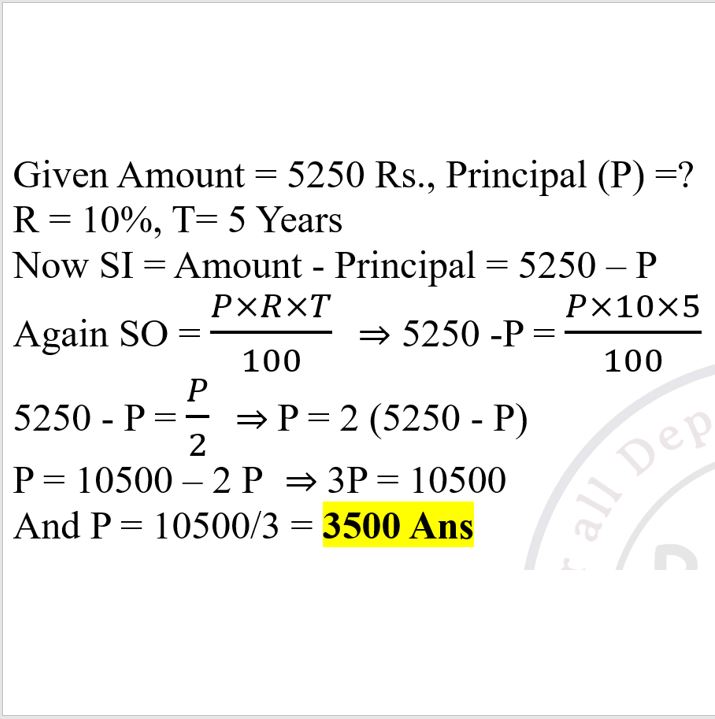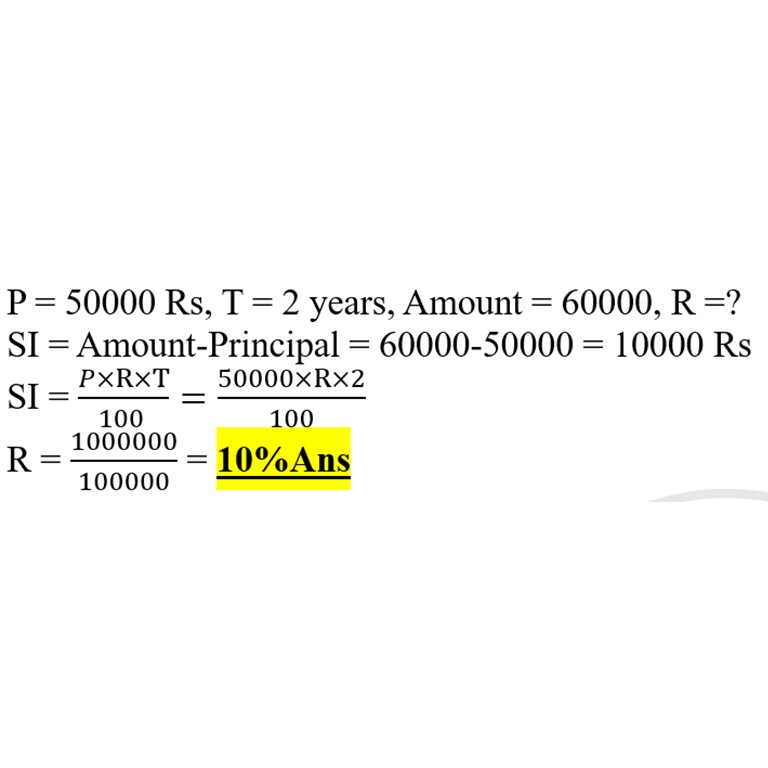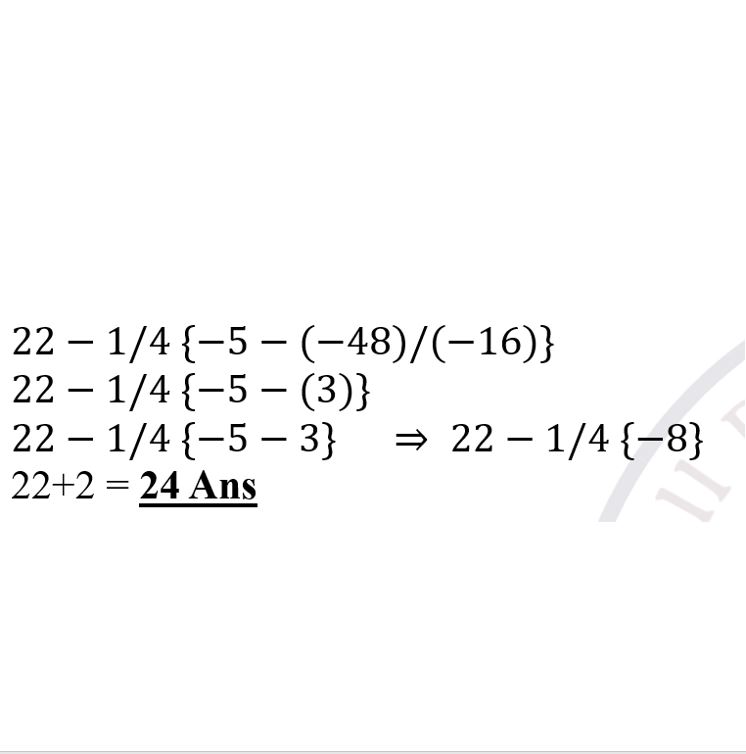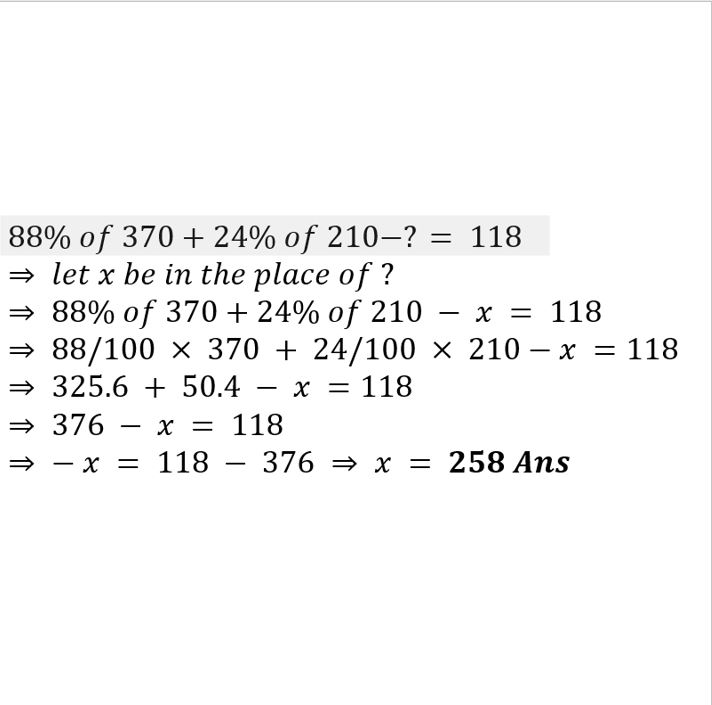Delete elements from List using pop() method with examples?
In Python, lists allow us to remove elements just like we can add them. There are two main methods to delete elements from a list:
- pop()
- remove()
we have also clear() method and del keyword, that helps to remove elements from the list.
1) pop() method:
In Python, the pop() method is used to remove and return an element from a list. You can delete elements by specifying their index (position) in the list. If no index is provided, pop() will remove the last element by default.
Syntax:
syntax for, if you want to delete last element from the list:
list_name.pop()
For Example:
lst = ['the', 'eagle', 'eye', 'hey']
lst.pop()
print(lst)
Output:
['the', 'eagle', 'eye']
=== Code Execution Successful ===
Syntax:
syntax for, if you want to delete elements by their index from the list:
list_name.pop(index_number)
For Example:
lst = ['the', 'eagle', "eeee", 'eye', 'wait', "for", "key"]
lst.pop(2)
print(lst)
Output:
['the', 'eagle', 'eye', 'wait', 'for', 'key']
=== Code Execution Successful ===
Explanation:
Important interview questions about the pop() method.
Q1. What does the pop() method do in Python?
Answer: The pop() method removes and returns an element from a list. If no index is specified, it removes the last element by default.
Example:
eagle_list = [1, 2, 3, 4]
eagle_list.pop()
print(eagle_list)
Output:
[1, 2, 3]
=== Code Execution Successful ===
Q2. What happens if you try to pop() an index that doesn’t exist?
Answer: Python will raise an IndexError: pop index out of range if you try to pop from an index that does not exist in the list.
Example:
eye_list = ['theagleye', 'sharp', 'focus']
eye_list.pop(10)
Output:
ERROR!
Traceback (most recent call last):
File "<main.py>", line 2, in <module>
IndexError: pop index out of range
Q3. What does the pop() method return?
Answer: The pop() method returns the element that is removed from the list.
Example:
theagleye_list = ['vision', 'target', 'eagle']
popped_element = theagleye_list.pop(1) # Removes and returns 'target'
print(popped_element)
Output:
target
Q4. How can you use pop() to remove the last element of a list?
Answer: You can simply call pop() without an index to remove and return the last element.
Example:
eagle_eye = ['focus', 'precision', 'sharpness']
last_element = eagle_eye.pop()
print(last_element)
Output:
sharpness
Q5. Can you use negative indices with pop()?
Answer: Yes, you can use negative indices with pop() to remove elements from the end of the list. pop(-1) removes the last element, pop(-2) removes the second last, and so on.
Example:
eagle_list = [10, 20, 30, 40]
eagle_list.pop(-2)
print(eagle_list)
Output:
[10, 20, 40]
Q6. What is the difference between pop() and remove() in Python?
Answer: pop() removes an element at a specific index and returns it, while remove() removes the first occurrence of a specified value and doesn’t return the element.
Example:
eagle_list = ['theagleye', 'eye', 'focus']
eagle_list.pop(1) # Removes and returns 'eye'
eagle_list.remove('theagleye') # Removes 'theagleye' (by value)
print(eagle_list)
Output:
['focus']
Q7. Can you pop an element from an empty list?
Answer: No, popping an element from an empty list will raise an IndexError.
Example:
empty_list = []
empty_list.pop()
Output:
ERROR!
Traceback (most recent call last):
File "<main.py>", line 2, in <module>
IndexError: pop from empty list
Q8. Does pop() modify the original list?
Answer: Yes, pop() modifies the original list by removing the specified element, and the list becomes shorter.
Example:
eagle_list = ['theagleye', 'sharp', 'focus']
eagle_list.pop(0) # Removes 'theagleye'
print(eagle_list)
Output:
['sharp', 'focus']
Q9. How does pop() behave in a list of nested elements?
Answer: pop() works on nested lists just like on flat lists, removing elements based on the index within the outermost list.
Example:
eagle_list = [['sharp', 'focus'], 'eagle', 'eye']
eagle_list.pop(0)
print(eagle_list)
Output:
['eagle', 'eye']
Q10. What will happen if you use pop() on a string, instead of a list?
Answer: pop() can only be used with lists, not strings. Using pop() on a string will raise an AttributeError, since strings are immutable.
Example:
eagle_string = "theagleye"
eagle_string.pop()
Output:
ERROR!
Traceback (most recent call last):
File "<main.py>", line 2, in <module>
AttributeError: 'str' object has no attribute 'pop'
Q11. What is the time complexity of the pop() method?
Answer: pop() with no arguments (or popping the last element) is an O(1) operation.
pop(index) (popping an element from the middle or beginning) is an O(n) operation, because the elements after the removed item need to be shifted.
Q12. Can you use pop() to remove multiple elements at once?
Answer: No, pop() removes only one element at a time. To remove multiple elements, you need to call pop() repeatedly or use list slicing.
Example:
eagle_list = [1, 2, 3, 4]
eagle_list.pop()
print(eagle_list)
Output:
[1, 2, 3]
Q13. What will happen if pop() is called with an index equal to the length of the list?
Answer: Python will raise an IndexError because list indices are 0-based, so the last valid index is len(list) - 1.
Example:
theagleye_list = [10, 20, 30]
theagleye_list.pop(len(theagleye_list))
Output:
ERROR!
Traceback (most recent call last):
File "<main.py>", line 2, in <module>
IndexError: pop index out of range
=== Code Exited With Errors ===
Q14. Can pop() be used with other data structures, such as dictionaries or tuples?
Answer: No, pop() is specific to lists. However, dictionaries have their own pop() method that removes key-value pairs, and tuples are immutable, so they don’t support pop().
Example:
eagle_dict = {'sharp': 1, 'focus': 2}
eagle_dict.pop('sharp')
print(eagle_dict)
Output:
{'focus': 2}
Q15. How can you handle exceptions when using pop() on lists?
Answer: To prevent errors, you can use a try-except block to handle cases like popping from an empty list or using an invalid index.
Example:
eagle_list = []
try:
eagle_list.pop()
except IndexError:
print("Cannot pop from an empty list.")
Output:
Cannot pop from an empty list.
Q16. How can you use the range() function with the pop() method to remove the last few elements from a list?
Answer: You can use the range() function to specify how many times you want to call the pop() method to remove the last few elements from a list.
Example:
eagle_list = ['theagleye', 'sharp', 'focus', 'precision', 'target']
# Remove the last 3 elements using range and pop
for i in range(3):
eagle_list.pop()
print(eagle_list)
Output:
['theagleye', 'sharp']








Leave a comment
You must be logged in to post a comment.